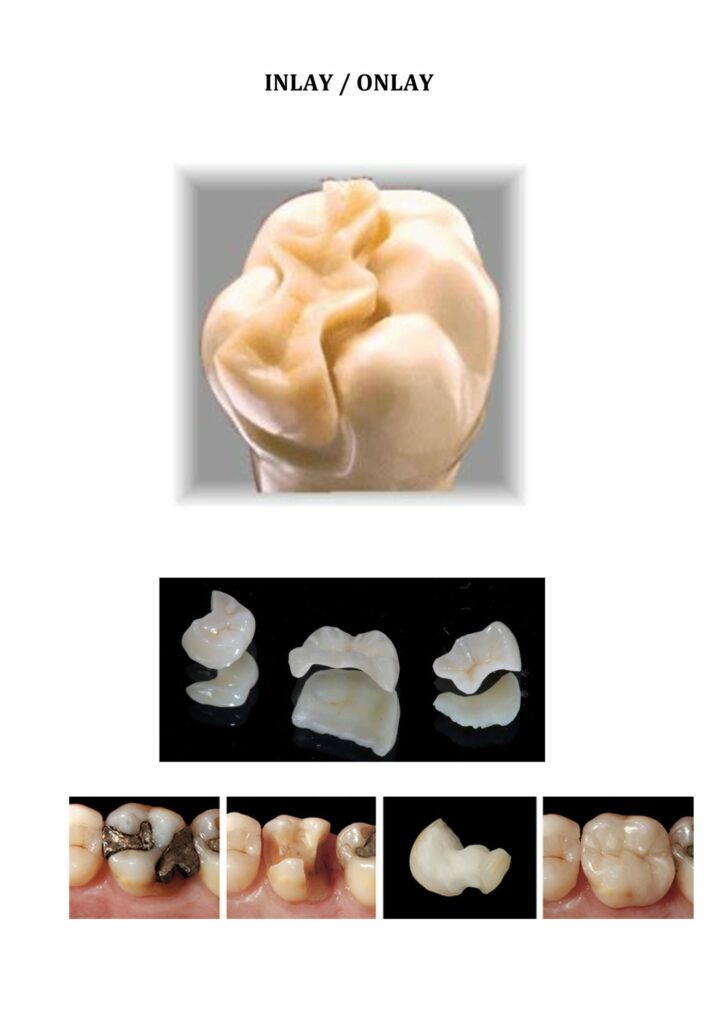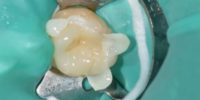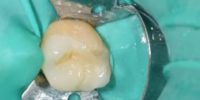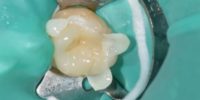Esthetic dentistry
Inlay / Onlay
The ceramic inlay / onlay represents a very contemporary solution for dental restoration following a major cavity, fracture of a part of the tooth, or replacement of old defective fillings.
- SOLID : by their ceramic constitution. The ceramic used today for inlays/onlays has the same mechanical properties as dental enamel.
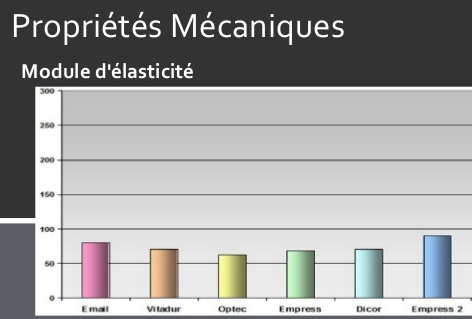
- AESTHETICS : The perfect fit of the ceramic inlay and its selected tooth-like shade will make the aesthetic integration of the restoration perfect and imperceptible to the naked eye.
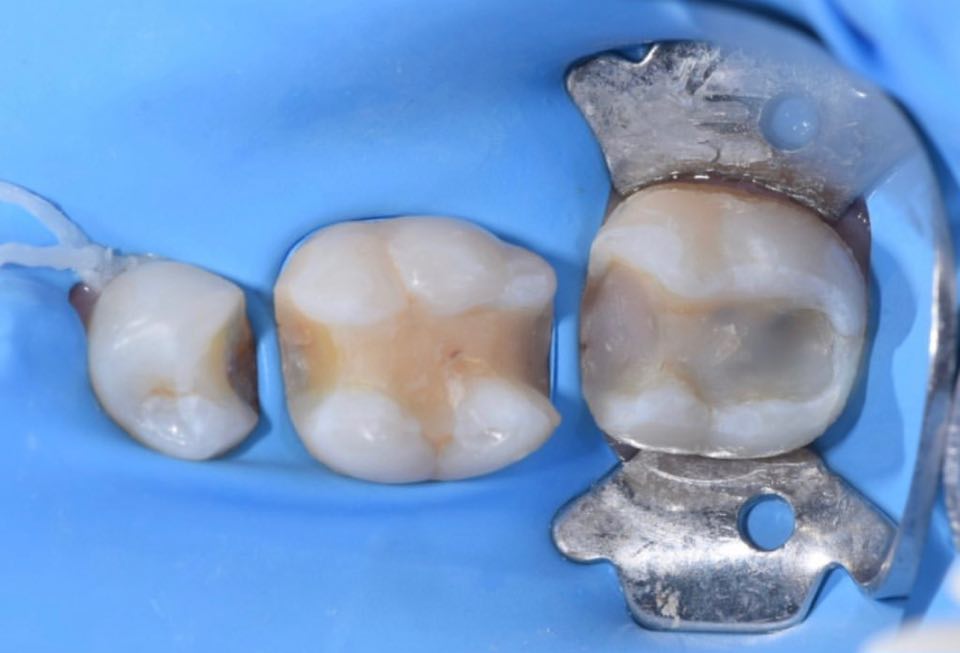
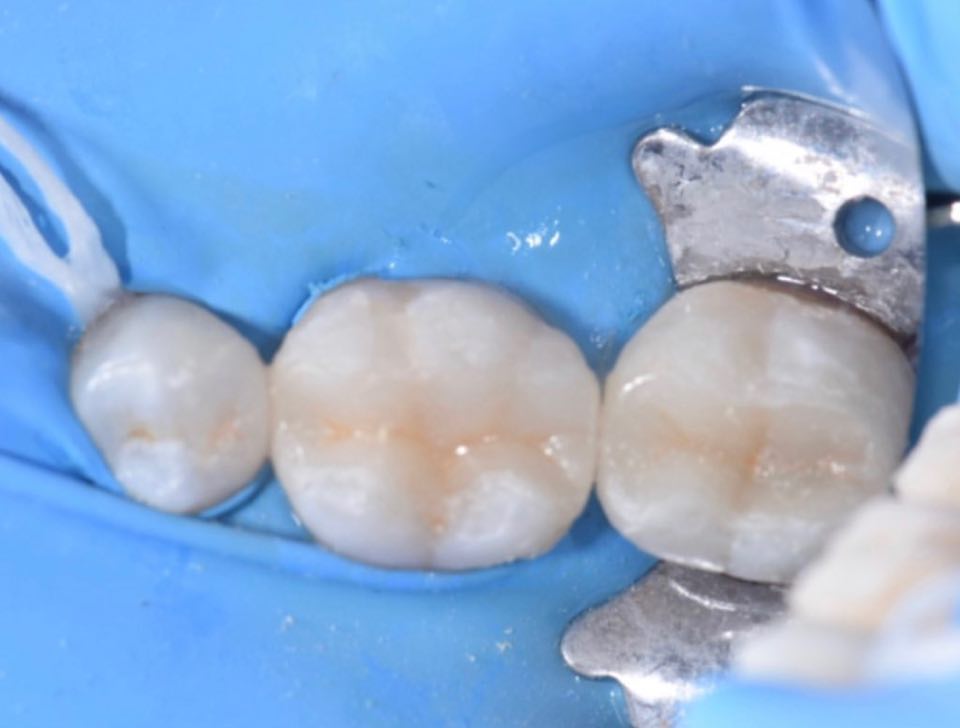
- DURABLE : Made to measure by the dental technician on the basis of an impression of the tooth made by the dentist, the quality of the joint between the tooth and the inlay is extremely fine and the strength of the ceramic makes this type of restoration very durable.
The average life span of an inlay/onlay is 10 to 15 years.
How does an Inlay/Onlay procedure work?
Two sessions are required:
1/ Preparation of the tooth (or teeth) that will receive the inlay: under local anesthesia, the tooth is prepared with a burr to remove decay or old defective fillings.
Then, an impression of the tooth is taken, before closing the cavity with a temporary inlay.
(The session lasts about 20 minutes).
2/ Bonding of the ceramic inlay with a very strong and durable bonding resin.
A surgical field, called a dental dam, is placed before the assembly of the inlay in order to isolate the tooth from the rest of the mouth and to be in the best conditions to obtain a perfect and tight bonding.
(The session lasts about 20 minutes).
It is important to note that the preparation and placement of an inlay are completely painless.
